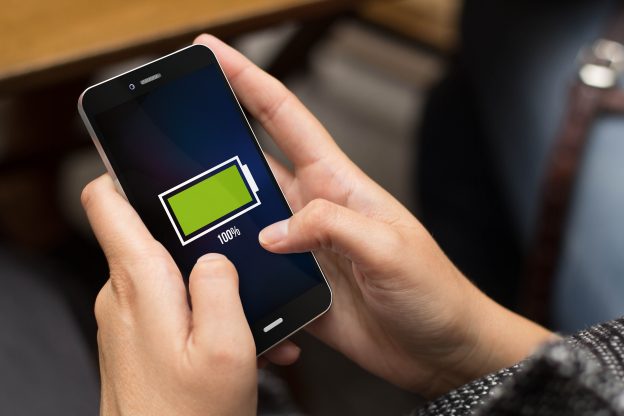
The price of nickel has soared for several days. It soared to more than US$100,000 per ton for the first time in early trading on March 8th, an increase of as much as 250% for two consecutive days. In the face of such violent fluctuations, the London Metal Exchange (LME) announced the suspension of nickel trading in a rare move and even canceled all settled transactions throughout the day of the 8th, meaning that transactions will not be resumed until March 11th.
The LME stated that it is currently monitoring the situation in Russia and Ukraine but nickel prices have experienced an unprecedented rise and the exchange has decided to suspend trading until the end of the trading day on March 8th and is considering suspending trading for several days.
Russia is a major producer of nickel which is often used in steelmaking and lithium-ion battery production for electric vehicles (EV). Although the European and US economic sanctions have not directly targeted Russia's export of bulk commodities, many shipping companies and traders are reluctant to partake in Russia's resource export business.
Morgan Stanley auto analyst Adam Jonas pointed out that nickel prices rose 67.2% today alone which means that the input cost of ordinary EVs in the United States has increased by about $1,000 and may undermine the EV plans of global automakers such as GM and Ford. He recommends investors lower their expectations for automakers' profitability and EV penetration.
Nickel prices were not low before Russia invaded Ukraine and have risen more than 280 percent since the beginning of the year as global automakers ramp up production of EVs, prompting experts to worry about nickel shortages. Analysts at Rystad Energy warned last year that by 2024, global demand for nickel in EV batteries could exceed supply.
How will the nickel price surge develop?
First, the most obvious thing is the rising cost of EVs, especially high-end EVs, which automakers may absorb/reduce gross profit margins or pass on to consumers.
Not all EVs will be affected. At present, there are lithium iron phosphate (LFP) batteries to replace lithium-ion batteries. They do not use nickel or cobalt. They can be charged and discharged with a large current, are not easy to overheat, and have a long service life, making them preferred in low-cost EVs.
Although the cost of LFP batteries is lower than that of lithium-ion batteries, battery life and battery weight are not ideal for high-end vehicles but for economical mass-market models, it is not a major problem. In addition, the Chinese government encourages the production of EVs. Low-cost EVs have been using LFP batteries for several years. About 95% of the world's LFP batteries are made in China.
Last year, Tesla announced that it would convert the nickel-cobalt-alumina (NCA) batteries of its standard model to LFP batteries. The outside world speculated that it was to reduce production costs or to increase gross profit margins of entry-level cars without increasing prices, but now with the price of nickel surging, it is likely that global automakers will once again follow Tesla's lead and move to rechargeable batteries that do not require nickel.
(Image:shutterstock)







